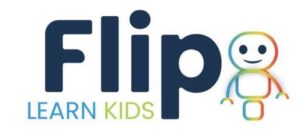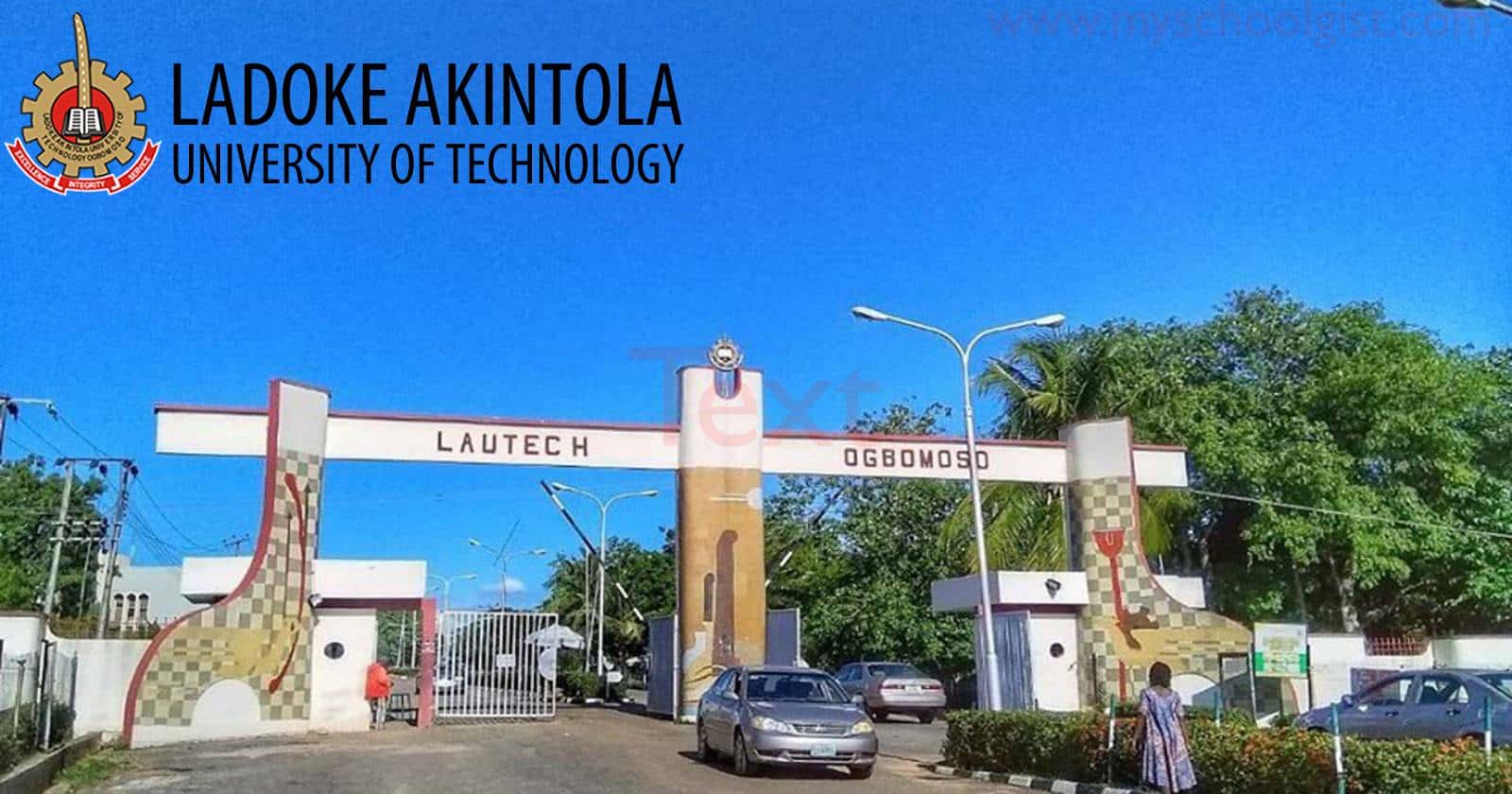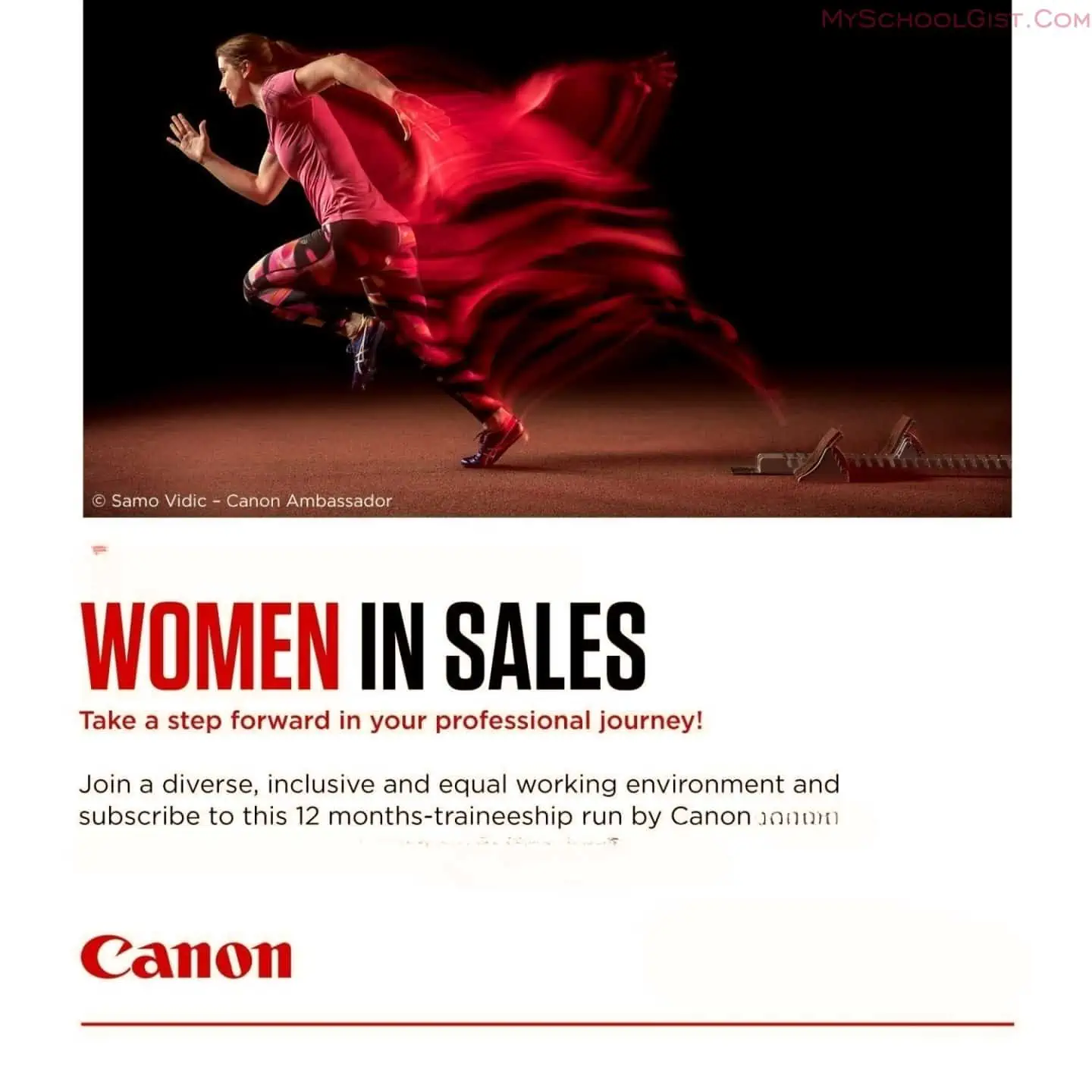As a teacher of computer programming and game design, Pamela Amaya wanted to expose her career and technical education students at Helen Bernstein High School in Los Angeles to experiences that showed them how their classroom knowledge would apply in real-world situations.
When the school moved to a block schedule that allowed for longer classes, as well as encouraged more social-emotional supports for students in the aftermath of the pandemic, Amaya saw her chance to introduce the BUILD curriculum in her classroom.
BUILD is a national non-profit that provides entrepreneurship programming to high school students living in underserved communities. As BUILD students develop their businesses, the curriculum aims to increase their proficiency in six competency areas: communication, collaboration, problem solving, innovation, grit and self-management.
“The skills are what really drew me to this, because those skills that they need, not only just in career but in life in general…. are really, really important,” Amaya said.
Students as CEOs
The BUILD program is in high schools in more than 100 cities. The six-unit program encourages students to have an entrepreneurial mindset. It also strives to create a diverse and strong future workforce. Specifically, it helps students develop skills in project design, branding, marketing, financial literacy, sales and more.
The course can be a stand-alone semester or year-long class or be embedded into existing courses, such as Amaya’s class. There is also a BUILD Design Challenge activity that takes a minimum of 10 hours that can be added to existing courses.
For Mo Foster, a BUILD senior program manager working with high school students, the entrepreneurial mindset became ingrained when they were in high school. At the time, Foster launched a business as a poet who taught workshops to teachers who wanted to include poetry in their lessons.
Foster eventually became a special educator and began teaching the BUILD program in their Oakland area high school. “I’ve never seen a program, a curriculum, a class that is so transformative for students about what they want to do,” said Foster, adding that this transformation “happens over and over again.”
When Foster has taught BUILD students, at least one student at the beginning of each course says they don’t like public speaking. By the end of the course, those students tell Foster they are proud to have overcome their fears and developed their skills.
“You have students who are able to obliterate that fear — they start to believe anything’s possible,” Foster said. BUILD students hone their public speaking skills as they present their business ideas, make pitches for funding and make final presentations.

Angel Hernandez (left) and Leonardo Prado, 10th grade students at Aspire Lionel Wilson College Preparatory Academy in Oakland, California, created a 3D image business as second year BUILD students.
Permission granted by Jessica McGill/BUILD California
Some of the most memorable business pitches Foster has heard from students over the years include a shower timer that ensures there’s hot water for everyone in a household, or an athletic shoe bag that had a security feature to make it difficult to steal the shoes.
According to students’ past pop-up shops, students’ products sell for less $7 and up to $35.
BUILD provides loans for students to develop their products. Foster said nearly 100% of students break even between their loan payments and earned revenue. No students have ever had to owe BUILD money, Foster said.
Making pitches and getting feedback
At Helen Bernstein High School, Amaya’s 40 students from two classes worked in teams to develop products or services that would solve a real-world situation. One group chose to address the challenge people with disabilities have when trying to buy accessible clothing. Their design was a clothing vending machine that would have ready-to-purchase shoes, raincoats and other items, Amaya said.
For that team, a small prototype was created and the team received feedback from investors. The students now will continue to refine their idea for a final presentation in May.

A group of students in Pamela Amaya’s BUILD class at Helen Bernstein High School in Los Angeles designed a clothing vending machine to help customers who need easy access to certain clothing items.
Permission granted by Pamela Amaya
While other entrepreneur curricula exist, Amaya and others said one of the unique aspects about this program is that industry professionals are involved in listening to business pitches and providing feedback and networking opportunities for students.
Even if students aren’t interested in becoming entrepreneurs in high school or after graduation, Amaya said, the program has given them opportunities to gain confidence in voicing their ideas and speaking in front of business leaders.
“It’s scary, but once they do it, you can see the look on their faces, the confidence that they have of doing it, especially when they get positive feedback,” Amaya said.
Amaya said she’s learned a lot from the program, too. “I just love learning and discovering new ideas and concepts, and I get to do that at the same time as my students are doing that, so the knowledge that I gain is always something that I’m very grateful for.”
Angel Hernandez and Leonardo Prado are 10th grade students at Aspire Lionel Wilson College Preparatory Academy in Oakland, California. As second year BUILD students, they developed a 3D image business that uses a lithographic tile to reflect light and showcase a 3D printed image, according to a BUILD interview conducted with the teens.
Prado said the BUILD program has helped with critical thinking, decision making and teamwork. Hernandez said one of their biggest challenges was to ease away from making too many changes to their design and marketing concepts.
“You have to go through the design thinking stages to see the product through,” Hernandez said. “I feel like if one of us ever decides to start an actual business outside of BUILD, these skills that we learned are preparing us for what’s outside this room.”






Leave a Reply